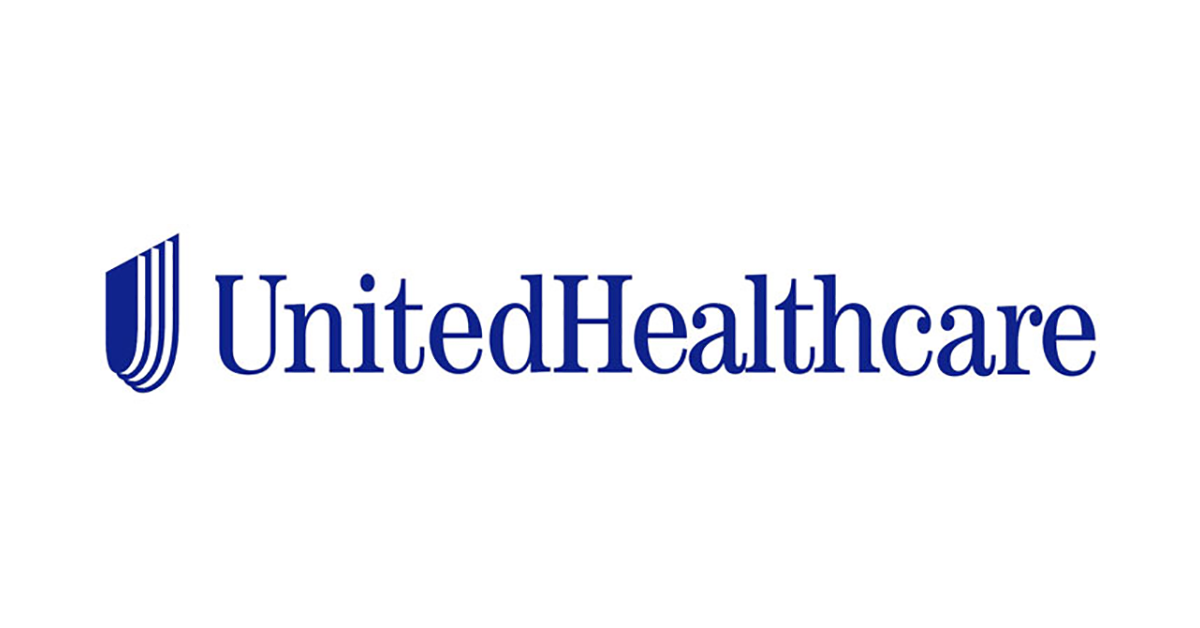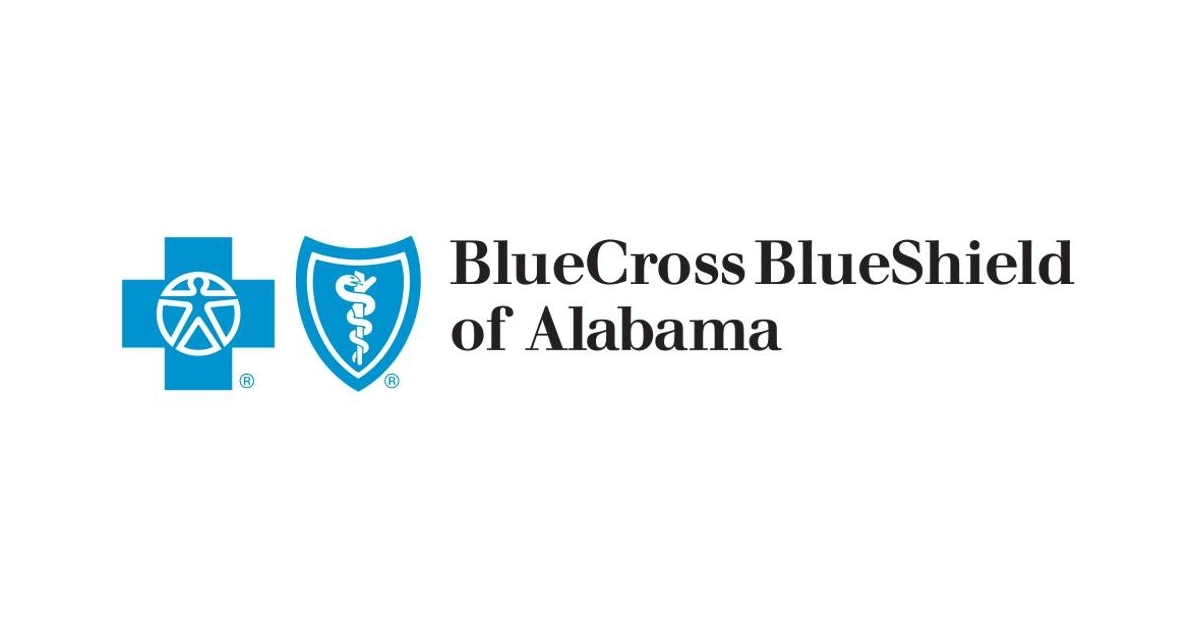Click here to view the United Healthcare (UHC) Medical Policy Updates » April 2024 United…
HealthPartners November 2017 Medical Policy Updates
Click here to view the HealthPartners November 2017 Medical Policy Updates »
Medical Policy Updates – 11/1/2017
MEDICAL AND DURABLE MEDICAL EQUIPMENT (DME) & MEDICAL DENTAL COVERAGE POLICY
| Coverage Policies | Comments / Changes |
| Photodynamic therapy for head and neck tracheobronchial and esophageal cancer | Effective immediately, policy retired. Procedure has gained general acceptance for palliation of obstructive tumors. |
| Pneumatic compression devices | Effective immediately, policy revised. Criterion under Deep Vein Thrombosis (DVT) Prevention section was revised for clarity. |
| Wheelchairs – Mobility Assistive Equipment (MAE) | Effective immediately, policy revised. Custom seating criterion under Seating/Positioning Aids section was removed for clarity. |
| Medicare Wheelchairs – Mobility Assistive Equipment (MAE) | Effective immediately, policy revised to reflect CMS guidance. See policy for details. |
| Sacroiliac Joint Injections- Medicare | Effective immediately, prior authorization is no longer required. |
| Radioactive (Y-90) liver tumor embolization | Effective immediately, policy retired. Procedure has gained general acceptance for palliation of hepatic tumors. |
| Dorsal Rhizotomy for Spasticity | Effective immediately, policy retired. Procedure has gained general acceptance for individuals with spasticity related to cerebral palsy. |
| Negative Pressure Wound Therapy (NPWT) / Vacuum- assisted wound closure therapy (V.A.C.) | Effective immediately, policy retired. Use of device has gained general acceptance for individuals with nonhealing wounds. |
| Pelvic Floor Electrical Stimulator for Urinary Incontinence | Effective immediately, policy retired, outdated. |
| Pelvic Floor Electrical Stimulator for Urinary Incontinence – Minnesota Health Care Programs | Effective immediately, policy retired, outdated. |
| Autologous chondrocyte implantation (ACI) | Effective immediately, statement has been added indicating that ACI for any indication, other than those listed in the policy as being eligible for coverage, is considered investigational and not covered because the reliable evidence does not permit conclusions concerning safety, effectiveness or effect on health outcomes. Prior authorization is not required. |
| Physical & occupational therapy
– Habilitative |
Effective immediately, policy revised to indicate that primary care or specialist physician orders are needed only for occupational therapy, as opposed to previous statement that orders were needed for both PT and OT. |
BEHAVIORAL HEALTH
| Coverage Policies | Comments / Changes |
| Chemical Health Services | Effective 1/1/2018 – New policy
· Combination of Chemical Health Partial Hospital Programs and Chemical Health Residential Services policies to create one policy for all levels of care. These two levels continue to require prior authorization.
· Added Prior Authorization for Outpatient Services with Room and Board.
· Frequency of allowed urine drug screens (UA)/labs changed from one per week of treatment to one per every seven days of treatment.
|
| Chemical Health Residential Services | Effective 1/1/2018 – Policy retired. Combined with Chemical Health Partial Hospitalization Programs policy to create new policy, Chemical Health Services. |
| Chemical Health Partial Hospitalization Programs | Effective 1/1/2018– Policy retired. Combined with Chemical Health Residential Services policy to create New Policy, Chemical Health Services. |
| In-Home Mental Health Psychotherapy Services | Effective 10/01/2017 – Revised Policy
· Revised to allow 15 in-home visits without prior authorization when ordered by a psychiatrist.
· A psychiatrist treating this member has an order with clinical instructions and goals for
the services to take place in the member’s home.
· Prior authorization is needed before the first visit when not ordered by a psychiatrist.
|
| Neuropsychological testing- Minnesota Health Care Programs | Effective 10/01/2017 – New Policy
· New policy created to align with the Minnesota Department of Human Services Provider Manual, Neuropsychological Services section.
· Prior authorization is not required for neuropsychological testing. Network rules apply.
· This coverage criterion does NOT apply to psychological testing.
· Evaluations will be performed periodically to identify policy adherence.
|
Pharmacy Policy Updates – November 2017
HEALTHPARTNERS DRUG FORMULARY
COMMERCIAL AND STATE PROGRAMS
These changes will be effective January 2018:
- Teriparatide (Forteo) for osteoporosis will be reserved after abaloparatide (Tymlos).
MEDICARE
Most of these changes were previously announced and implemented for commercial and state programs. Medicare changes become effective in January.
- Lantus and Toujeo (insulin glargine) are being removed from the formulary and replaced with Basaglar (insulin glargine). Basaglar is very similar (considered a follow-on product by the FDA) and less
- Tiotropium (Spiriva) and Stiolto (tiotropium/olodaterol) inhalers for COPD are being deleted and replaced with
umeclidinium (Incruse) and Anoro (umeclidinium/vilanterol).
- Many opioids dose limits are being decreased from a morphine-equivalent dose of 120mg per day to a morphine- equivalent dose of 90mg per
- Solifenacin (Vesicare) for overactive bladder is being Oxybutynin, tolterodine (Detrol and Detrol LA generic), trospium (Sanctura IR generic), and mirabegron (Myrbetriq) remain available on formulary.
- Olopatadine eye drops (Pataday and Pazeo) for allergies are being Ketotifen OTC (e.g., Alaway, Zaditor) is an
alternative, and formulary alternatives include azelastine (Optivar generic) and olopatadine (Patanol generic).
- Dabigatran (Pradaxa), an anticoagulant, is being restricted (on-formulary, with prior authorization). Rivaroxaban (Xarelto) and apixaban (Eliquis) remain on formulary with no prior
PHARMACY MEDICAL POLICIES
| Coverage Policies | Comments / Changes |
| Ocrevus Policy
(path: https://www.healthpartners.com/p ublic/coverage- criteria/policy.html?id=339245) |
Revised coverage policy.
The requirement for a cost-effective site of care will be applied. Claims received without prior authorization may be denied on 1/1/2018. |
| Botulinum Toxin Policy
(path: https://www.healthpartners.com/public/c overage-criteria/policy.html?id=337819) |
Revised coverage policy.
The policy was modified as follows: · MCHP members will follow the Minnesota Department of Human Services coverage policy (path: https://mn.gov/dhs/partners-and-providers/policies- procedures/minnesota-health-care-programs/provider/types/rx/pa-criteria/botulinum-toxins.jsp) · Coverage for hyperhidrosis requires prior authorization. Claims received without prior authorization for migraine, hyperhidrosis and off-label FDA uses may be denied on 1/1/2018. |
| Oncology Drug Coverage Policy (path: https://www.healthpartners.com/p ublic/coverage- criteria/policy.html?id=337211) | Revised coverage policy.
The policy was modified as follows: · Paclitaxel protein-bound particles for injectable suspension (Abraxane) requires a prior authorization. · Coverage will be provided for Commercial and Minnesota Health Care Plan members when NCCN lists the indication with a level of evidence of Category 1 or 2A. Claims received without prior authorization may be denied on 1/1/2018. |
| Recently FDA-Approved Medications Coverage Policy
(path: https://www.healthpartners.com/p ublic/coverage- criteria/policy.html?id=332417) |
Revised coverage policy.
The requirement for a cost-effective site of care may apply to these drugs effective 1/1/2018. Prior authorization from Pharmacy Administration is required for newly approved, professionally-administered specialty medications. Click HERE* for a complete and up-to-date list of drugs impacted by the policy or visit healthpartners.com.
As drugs are approved for use, Pharmacy Administration will identify impacted drugs. Effective dates of the prior authorization requirement for each drug will be clearly stated. This list of impacted drugs is subject to updates without further notice. Claims received without prior authorization may be denied effective 1/1/2012 as this policy was published in November 2011. |
Click here to view the HealthPartners November 2017 Medical Policy Updates »
Policy Alerts monitors Commercial and Medicare medical policies for changes. While Payers typically update medical policies annually, there are many reasons why a Payer might review or update a policy. When reviews occur out of cycle, they may go unnoticed. Policy Alerts keeps you informed of upcoming and unexpected coverage changes affecting your product. Quickly understanding the changes Payers make can help you adjust reimbursement strategies impacting your business.
Policy Alerts continuously monitors Commercial and Medicare Payer coverage information to keep you up-to-date on Payer decisions in real-time. Whenever changes occur, email notifications containing a summary of those changes are delivered to your inbox. Clients can access detailed coverage reports and medical policies on the interactive Dashboard portal. Save time and keep focused on the important Payer medical policy reviews and coverage decisions affecting your product!
Policy Alerts takes a client-focused hands-on approach and works hard to provide our customers with helpful insights and actionable analytics over raw data. We understand what our clients need and we are dedicated to making sure we provide timely, accurate and always up-to-date reports that can be used to implement and support a successful reimbursement strategy.
Health economic and reimbursement information provided by Policy Alerts is gathered from third-party sources and is subject to change without notice as a result of complex and frequently changing laws, regulations, rules and policies. This information is presented for illustrative purposes only and does not constitute reimbursement or legal advice.



